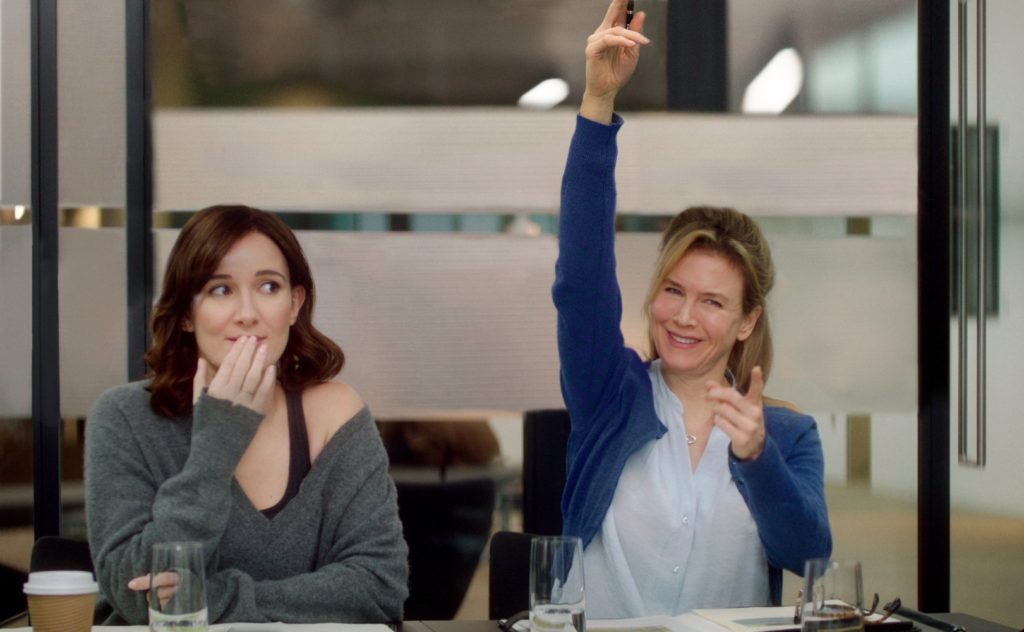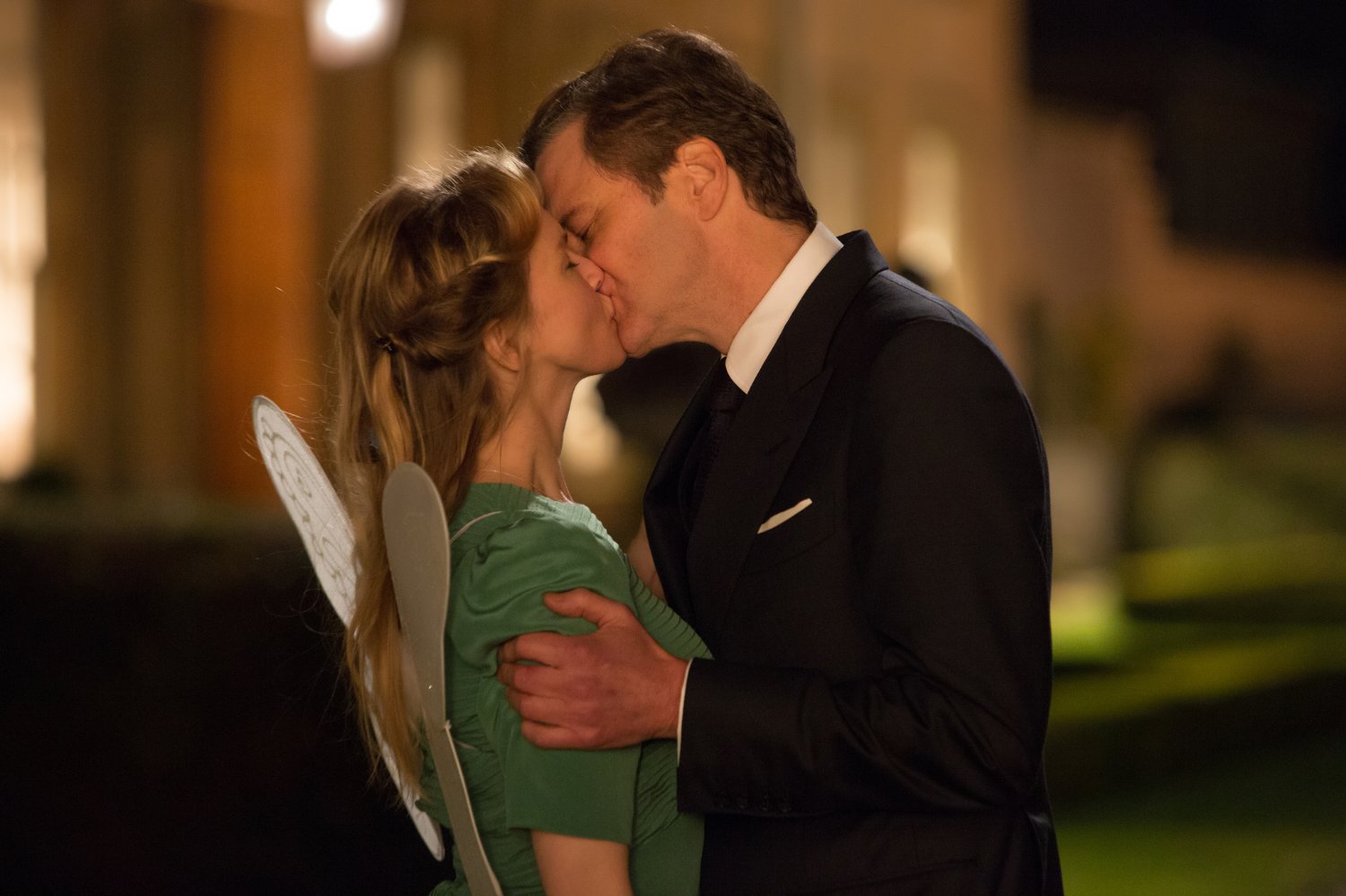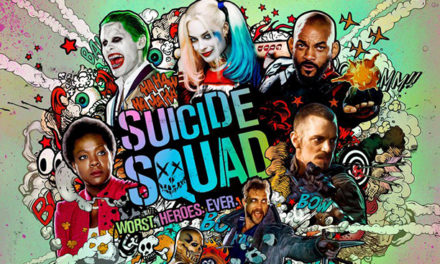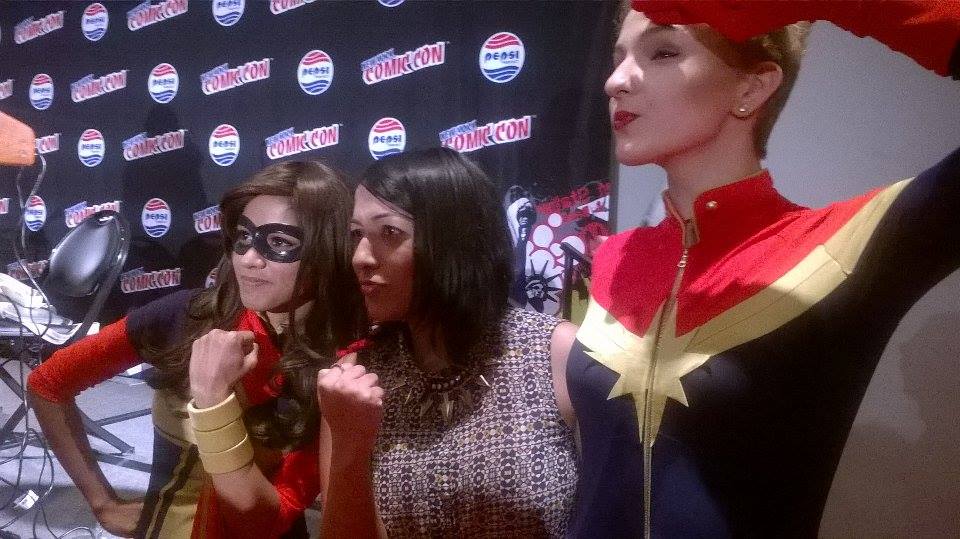The third installment of the “Bridget Jones” movies, Bridget Jones’s Baby examines the life of Bridget Jones (Renee Zellweger) at age forty-three. She begins the movie in a realistic and familiar place: alone in her apartment with a glass of wine as she wonders how she came to celebrate her birthday alone.
Her friends, of course, have obligations to their families and partners; her mother is running for office. And so Bridget resolves to get herself out of a rut once again. At this phase in her life, she takes action quickly. We find her already settled and confident in her career.
This time she just needs to sort out her personal life – but her journey is sometimes problematic when it comes to larger issues and the ideals that they reinforce.
Read on for the specifics. (There are spoilers below.)
Intersectionality in Bridget Jones’s Baby
Naturally, the movie is about Bridget, her baby, and the potential fathers of her child. However, there are some cheeky attempts to include marginalized individuals, particularly gay folks. They are not shown as particularly important or realistic, though. The gay characters are caricatures, and for Bridget’s mother (Gemma Jones) to win a political office.
The inclusion of gay characters in this fashion is done for the very sake of it: because it’s a chore that has to be done to remain relevant in 2016. And as seen in other narratives, Helen Fielding (screenwriter) et. al. do not have tolerance for the world changing around them so much. At best, this film is not intersectional but makes fun of itself for being dated because they know maybe it should be and this is its last chapter.
People of color and LGBTQIA+ individuals are more than a punchline in in a straight white female narrative. Our media needs to reflect that, even if it isn’t targeted at the millennials achieving social change.
That said, the movie is a comedy and it’s definitely got some endearing qualities covered more thoroughly by other reviewers.
MovieBitches point out some of the movie’s better qualities (and I do agree with their review):
- Bridget is extremely driven and doesn’t second-guess most of her life choices anymore: she’s grown as a character
- Not ashamed of being sexually active
- Only romcom trilogy with the same female protagonist in all three movies
- Directed by Sharon Maguire
- The movie’s a romcom and it knows what it is
- Mark and Bridget’s bedroom scene is sexy ( <3 Colin Firth)
Bridget Jones’s Career (Rest in Peace)
In the first two films, Bridget finds a great deal of empowerment by developing her career. Her career-related self-improvement is critical to her ability to overcome or avoid toxic relationships (romantic or not) and discover her sense of self.
In this film, she’s a TV news producer who is clearly practiced at her job. Even when she’s in her third trimester, Bridget is kicking ass at work and outperforming others.
Bridget and Miranda
She’s got a fantastic friendship and working relationship with Miranda (Sarah Solemani), a sharp TV news host who takes cues from Bridget. The amount of professional trust between these two women is one of the film’s brightest assets.

Bridget and Miranda
Miranda and Bridget aren’t threatened by each other and they don’t play office politics: they’re an established team and they stand together.
Editorial Integrity
When the news show is rebranded as a Buzzfeed-esque headline-grabbing program, Bridget champions established editorial virtues. When she loses her job, she expresses her beliefs in this.
Her words mean a lot to me personally, having been in similar situations as a creator, writer, and editor. In this way, we see Bridget’s developed as a more compassionate individual over the years without second-guessing career-related decisions. She’s got integrity, and that makes her not only more relatable, but helps the viewer root for her on her journey of motherhood.
…But Was It Really About Integrity?
By the time Bridget’s job ends, her child’s parentage is still a mystery. Both potentials are wealthy and established in their own careers, but Bridget has already decided she can handle child-rearing on her own because it’s about her and her baby. That’s awesome – but it doesn’t solve the many challenges faced by real single mothers, such as how one should work and provide for a baby without additional help.
While Bridget does the right thing by walking from her job in that circumstance, it’s also terribly convenient, positioning her to be a stay at home mother. Furthermore, by the end of the film, she seems to forget about her career altogether; there’s no real closure or grieving period regarding it.
While stay at home moms do just as much work as a woman does in any professional role, it seems like the writers circumvented the issue with this convenience.
The Feminist Protesters
So what’s Mark Darcy (Colin Firth) been up to? This work-focused love interest is still working in human rights. In Bridget Jones’s Baby, he defends the free speech rights of a group of angry young women who demand equality.
Unfortunately, Darcy seems to be the only main or supporting character who cares about the protestors or even speaks up on their behalf. While this underscores his chivalry in the kindest sense of the word (I guess he gets a cookie or something?), it downplays the actual importance of the struggle for equality and further displays the resentment the writers feel towards the value shared by many feminist millennials.
Feminist Protest Harms Woman in Need
When Bridget’s in labor and en route to the hospital, she’s caught in a traffic jam caused by the protestors Darcy defends throughout the movie. These protestors prevent a woman in labor from getting to the hospital to bring her child into the world.
The messages couldn’t be clearer:
- Contemporary feminism opposes traditional gender roles
- Traffic-blocking initiatives are horrible ways to protest
Let’s tackle this point by point.
Most feminists are about giving women equality and choices. We respect a woman’s right to choose what she wants to do with her life – and if she chooses to be a mother, that’s a beautiful thing. Unfortunately, the movie sends the opposite message, and Bridget must rely on the most chivalrous Darcy to literally carry her past the boundary of modern feminism so she can give birth.
The commentary on traffic-blocking hits on a heated topic, especially regarding #BlackLivesMatter protestors who block traffic as a form of protest in the US and UK. The feminist protestors in the movie and people of color in general have little to no real impact in the film – aside from plot devices and jokes about contemporary life and acceptance.
In the film’s weakest moment, several of the characters comment on the inconvenience of the blocked traffic, and Bridget’s mom says “do we really need anymore rights?” It’s meant to show some kind of generational difference, but it’s just not funny, and Darcy’s the one who tells the women complaining about it that the protest is “actually really important.”
Writers, you don’t have to make women act shitty to make me like Mark Darcy more. He’s already quite wonderful as he is.
How Millennials Run the World in “Bridget Jones’s Diary”
At work, Bridget meets the new brand manager of the organization. This mod-looking millennial brings in a team of bearded mustachioed hipsters to make the news show more relevant and retain profitability in the aforementioned Buzzfeed-esque style.
The brand manager eschews thoughtful news reporting in favor of “cats that look like Hitler” and similar features.While this reflects a reality in news programming and publishing, it’s unfortunate that millennials are largely reduced to the roles of angry protestors who have no clue about the world and new leaders who changes businesses just for funsies.
As a self-identified Xennial, I’m really tired of the whole battle between generations. Bridget does, however, alter her approach to news production to produce some thoughtful but trendy stories. That reflects a very important role in such organizations, and I deeply relate.
The Fairytale Narrative
Bridget Jones’s Baby is full of fairytale references and goes full force in pursuing the happily ever after in its Austenesque rooots. We’ve got Jack always finding Bridget’s lost shoe in a “Cinderella” / “Enchanted” fashion (especially relevant as Patrick Dempsey plays Jack and a similar role in “Enchanted,”) and the enduring, genuinely chivalrous behavior most becoming of a Darcy. Bridget even wears wings in a very Ever After kind of way.
While the overall ‘happily ever after’ narrative is easy to criticize, it’s not entirely harmful: after all, the men embody qualities of a supportive partner (and potential father) and they don’t stifle, harm, or abuse Bridget. They both continually recognize her sovereignty in her life in general and in motherhood in particular. Most importantly, they both respect her prior to her ‘increase in value’ of carrying the child.
The problematic nature of the fairytale narrative is permissible primarily due to the fundamentally Austen approach of having things end ‘as they were meant to work out’ rather than in pursuit of an unattainable ideal.
Men, Feminism, and British and American Cultures
Darcy continues to have trouble expressing himself and Jack is presented as an over-emotional over-communicator. Not only is this a contrast in personalities, but a deliberate contrast between British and American sensibilities. Darcy does learn to communicate and focus through the movie, and I secretly hope that has as much to do with his interaction with feminists as it does his feelings for Bridget, though I doubt that is the case.
When Does Jack Cross the Line?
Mark and Jack are both in the delivery room with Bridget when Jack basically starts mansplaining the birth process to Bridget. At this point, the OBGYN and Bridget have had enough of this nonsense, and Bridget ‘accidentally’ punches Jack in the face.
Seems legit.
How It Could Have Ended
Ultimately, we still don’t know what Bridget’s life might have been like without a baby, but the message is that it would have been rather unacceptable and against the wishes of her family. That kind of message reinforces emotions like guilt and sadness for women who can’t have children or who choose not to.
Comedic Value
As a comedy, this movie succeeds, especially if you’re hoping for something in line with the previous films. Bridget is still Bridget; Bridget’s still loved for who she is; it’s clear that a baby will change her life but not consume her personality and leave room for nothing else.
Aside from Zellweger’s faithful portrayal of our favorite protagonist, Emma Thompson portrays Dr. Rawlings, Bridget’s OB/GYN, with fantastic comedic gusto. The scenes between these two are both heartfelt and hilarious. Most of the jokes land well and while I’ve outlined some of the more problematic points of the movie, most of the jokes do not rest upon being unkind to others. In fact, Bridget herself has become a less cynical, more wholesome being without changing who she is.
Recommendation: See It, With This In Mind
Some women want to be married with a baby and they want to stay at home and raise their child, and that’s a valuable choice to have. It just seems as though Bridget is ultimately limited in making these choices herself versus what circumstance provided for her.
I’m glad that the men did not impose wills and choices upon her, which is fundamental in my recommendation of this movie, but the narrative still reinforces a patriarchal society that doesn’t particularly value intersectional feminism. This is also underscored by the sex of the child.
Did you see this movie? Let us know what you thought about “Bridget Jones’s Baby” in the comments.





